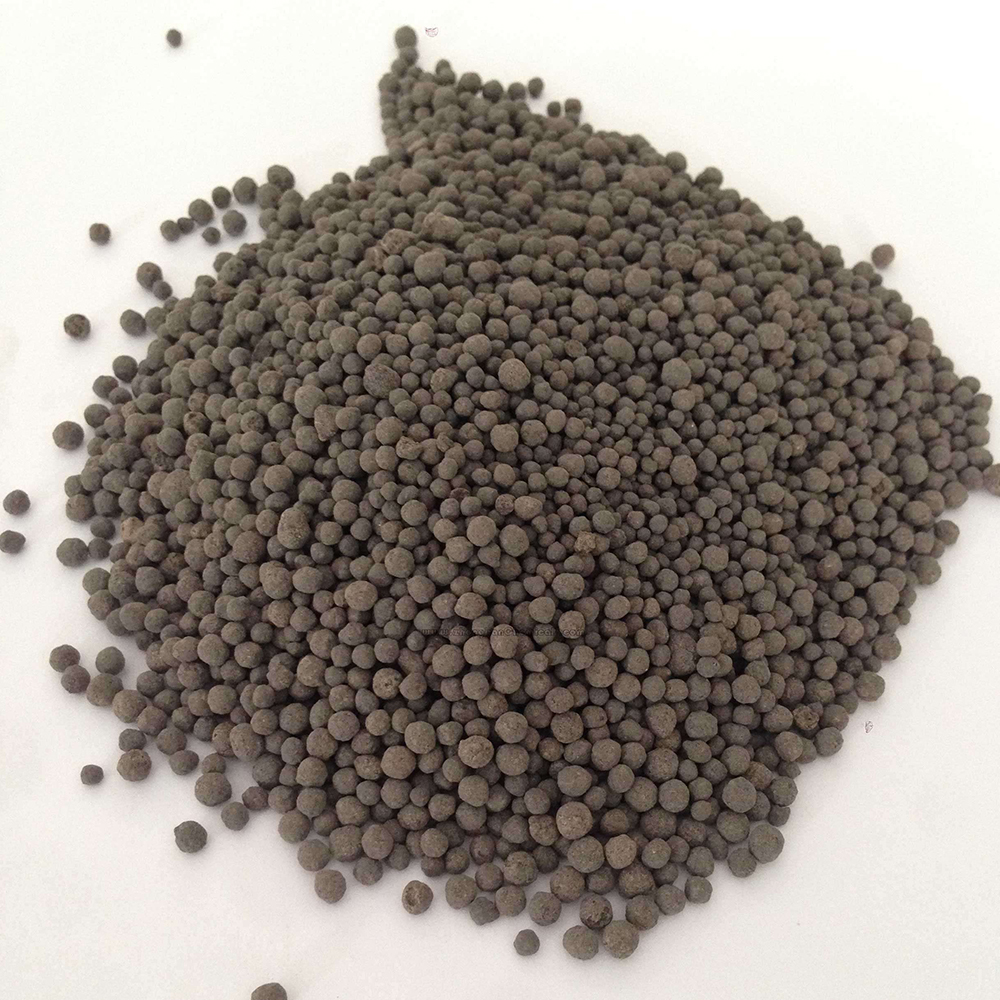



potassium nitrate uses in agriculture
The Role of Potassium Nitrate in Agriculture
Potassium nitrate, often referred to as saltpeter, is a vital compound in agricultural practices due to its rich nutrient profile, primarily consisting of potassium and nitrogen. This white crystalline solid serves multiple purposes, playing a crucial role in enhancing plant growth, optimizing crop yields, and ultimately contributing to food security.
Nutrient Profile and Benefits
Potassium nitrate's significance in agriculture is primarily due to its high potassium (K) and nitrogen (N) content. Potassium is essential for various physiological processes in plants, including water regulation, enzyme activation, and photosynthesis. It helps in stomatal regulation, which allows plants to maintain proper water levels, thereby reducing the risk of drought stress. The presence of nitrogen, on the other hand, promotes leaf growth and improves the overall vigor of the plant.
Application Techniques
Farmers often utilize potassium nitrate in several forms, including as a foliar spray, a soil amendment, or as part of a fertigation system—an integrated approach that combines fertilization and irrigation. The use of foliar sprays allows for quick absorption of nutrients, making it an effective method for addressing specific nutrient deficiencies during critical growth stages. In fertigation, potassium nitrate dissolves readily in water, enabling even distribution of nutrients, which ensures optimal uptake by plant roots.
Benefits of Using Potassium Nitrate
1. Improved Crop Quality The application of potassium nitrate improves the quality of fruits and vegetables by enhancing their size, flavor, and shelf-life. Fruits treated with potassium nitrate typically have higher sugar content and better color development, making them more appealing in the market.
potassium nitrate uses in agriculture

2. Enhanced Disease Resistance Potassium plays a role in strengthening plant cell walls, which can enhance the plant's resistance to various diseases. A robust plant is less susceptible to pathogens and can better withstand environmental stresses, such as extreme temperatures.
3. Increased Yields Numerous studies have documented that crops treated with potassium nitrate show significant improvements in yield. For example, crops like tomatoes, peppers, and potatoes have demonstrated increased production levels when potassium nitrate is included in their nutrient management strategy.
4. Versatile Usage Potassium nitrate can be used across a wide range of crops, including fruits, vegetables, and field crops. Its versatility makes it an attractive option for farmers looking to maximize the productivity of their land, regardless of the type of crop being cultivated.
Environmental Considerations
While potassium nitrate is beneficial, it is essential for farmers to apply it responsibly to avoid potential environmental issues. Excessive use can lead to nutrient runoff, which may contribute to water pollution and algal blooms in nearby water bodies. Integrated nutrient management strategies, which combine potassium nitrate with organic fertilizers and other sustainable practices, can mitigate these risks while promoting healthy soil and ecosystems.
Conclusion
In conclusion, potassium nitrate is an invaluable resource in contemporary agriculture. Its dual-action as a source of potassium and nitrogen significantly enhances plant growth, crop quality, and agricultural yields. Through proper application techniques and responsible usage, farmers can harness the benefits of potassium nitrate to ensure sustainable farming practices. As the global population continues to rise, and the demand for food increases, the role of potassium nitrate will likely become even more pivotal in the quest for efficient and effective agricultural solutions. By adopting innovative practices and maintaining a focus on sustainability, farmers can maximize their production while protecting the environment, thereby contributing to a more secure and resilient food system.
-
Why Sodium Persulfate Is Everywhere NowNewsJul.07,2025
-
Why Polyacrylamide Is in High DemandNewsJul.07,2025
-
Understanding Paint Chemicals and Their ApplicationsNewsJul.07,2025
-
Smart Use Of Mining ChemicalsNewsJul.07,2025
-
Practical Uses of Potassium MonopersulfateNewsJul.07,2025
-
Agrochemicals In Real FarmingNewsJul.07,2025
-
Sodium Chlorite Hot UsesNewsJul.01,2025










